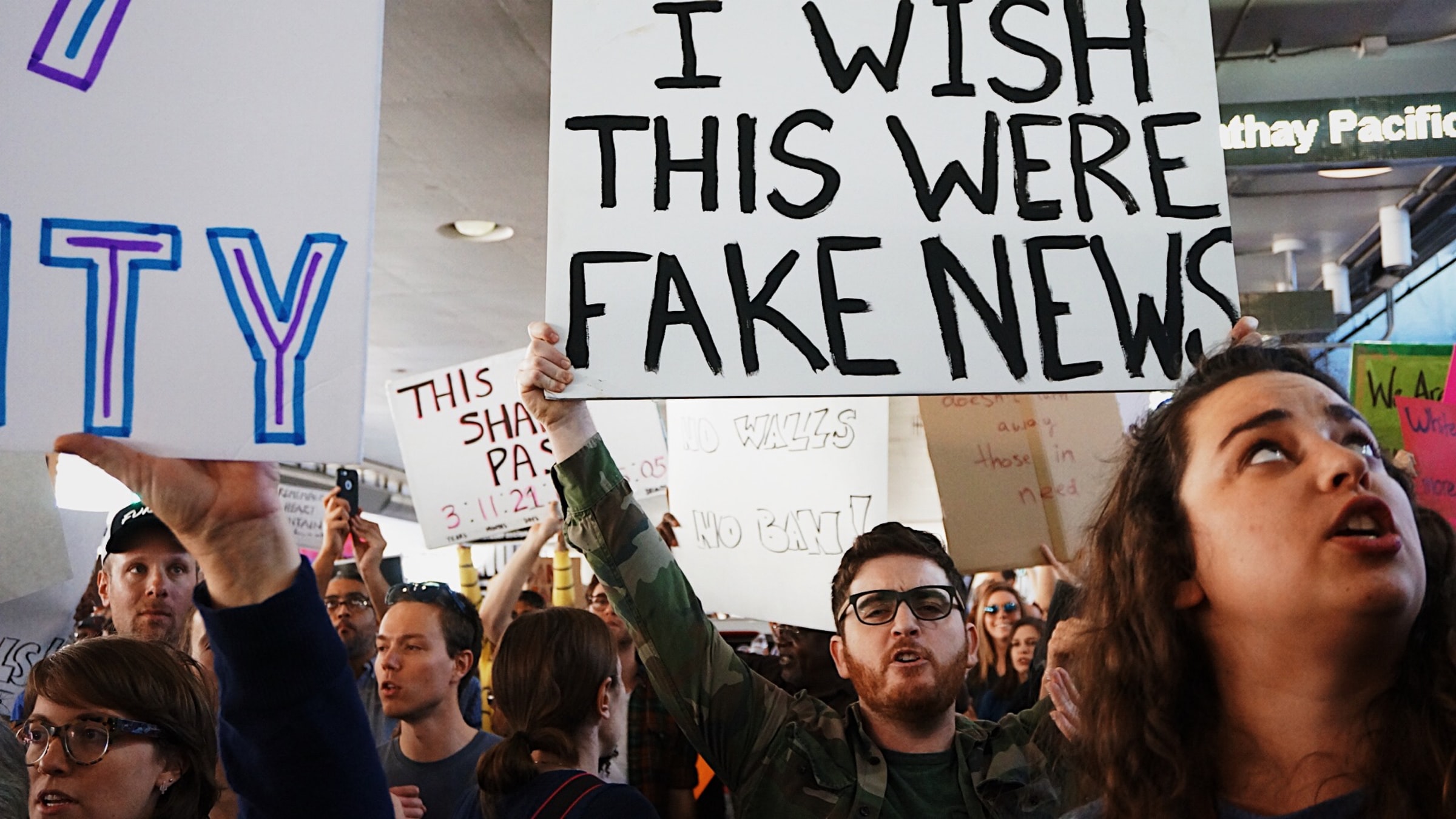Journalists are on the front-lines of efforts to unmask campaigns of disinformation by actors such as political operatives, racist conspiracy theorists, or corrupt corporations. Increasingly, journalists themselves appear to be the target of disinformation tactics designed to discredit, intimidate or silence them.
Currently, our understanding of disinformation against journalists is based on a few high-profile cases, and widespread but anecdotal discussions among journalists themselves. There are growing examples of journalists threatened, harassed and subjected to surveillance by criminal organizations, armed groups and governments.
We plan to conduct the first global survey to determine the prevalence of targeted disinformation against journalists, the tactics used, and the impacts on journalists and their work. The study will be supplemented by a set of interviews and case studies to better understand the actors responsible. These findings will help journalists assess risks and develop responses, and provide much-needed data to inform potential support from governments and civil society organizations.
As the high-profile cases demonstrate, this issue is not limited to any particular country or kind of journalists:
• After Iraqi-Kurdish photojournalist Ali Arkady exposed torture by Iraqi special forces, he was discredited by misleading videos that suggested the journalist himself participated in torture.
• Reporters and activists around the world were targeted with false information and sometimes malware in a sophisticated Iran-based operation that used inauthentic websites, news articles and online personas.
• An American journalist and prominent critic of the Russian government had his files hacked and then leaked, with falsehoods inserted among the real documents, to discredit his work.
• Stevan Dojčinović and fellow investigative journalists in Serbia have regularly been targeted with false allegations by pro-government news media.
• A US-based firm was apparently hired to place op-eds smearing Canadian journalist Jesse Brown, for his criticism of a charitable organization.
• After Ronan Farrow revealed sexual abuse by Harvey Weinstein, an intelligence- gathering firm targeted him. Subsequently he shed light on the for-profit agencies that specialize in tracking, deceiving, and discrediting journalists and other critics of the powerful.
These efforts to discredit and threaten journalists occur in a challenging context – amidst an atmosphere of increasing populist attacks on the journalism sector in democratic and repressive countries, alongside significant decreases in trust of mainstream journalism globally. While targeted and sometimes sophisticated disinformation operations against journalists appear to be on the rise, there is no reliable evidence about how common they are globally, what forms they take, what types of journalists are targeted, and how they affect reporting. This study aims to fill this gap.

